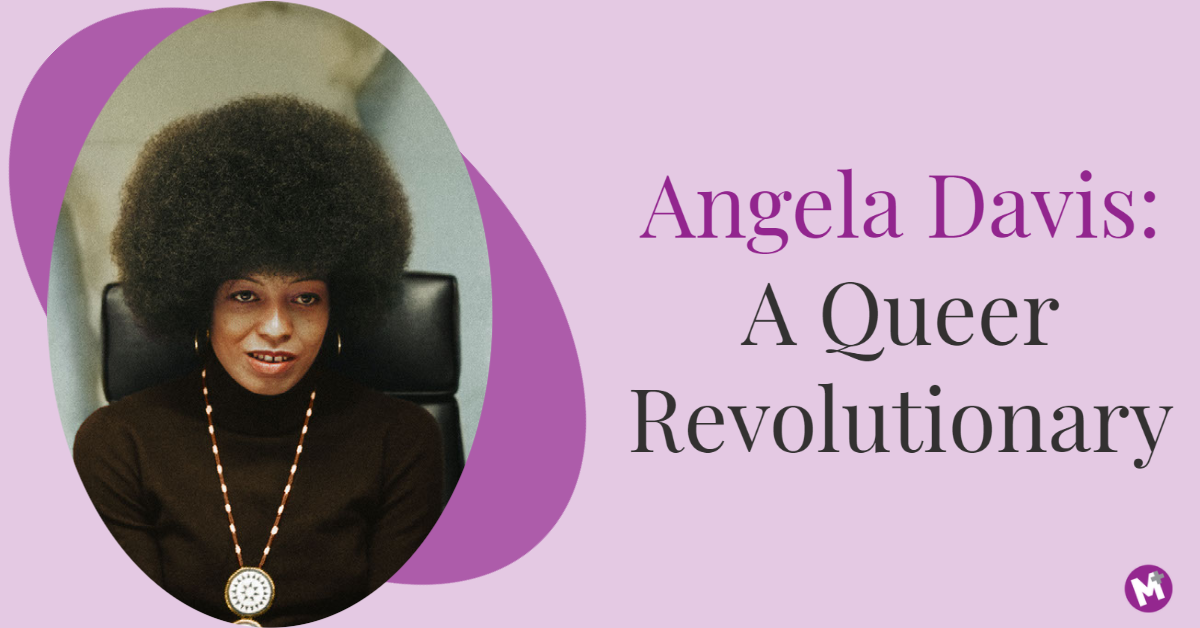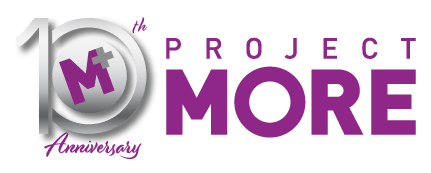
Once labelled a “dangerous terrorist” by Richard Nixon, Angela Y. Davis is now renowned as a visionary progressive in the fight for intersectional feminism & civil rights. Her prolific philosophical writings and eloquent speeches are instantly recognizable for their fervor & unwavering stance.
[emaillocker id=4438]
However, promoting intersectionality at a time when America was barely exiting the era of segregation, and when free breakfasts for school children were considered dangerous communist propaganda, likely would, as it did for Davis, be met with some challenges.
But Angela Davis was no stranger to adeptly handling life’s challenges. She was raised in Birmingham, Alabama, in an area of town that was known for frequent racially-charged bombings of Black middle class homes, like her family’s. Her mother and father were both politically involved in groups aimed at uniting Black Southerners. She would later credit this home environment for laying the kindling for the fire of her own activism.
She studied philosophy at Brandeis University, one of 3 Black students in her class, and later went on to get her masters degree in West Germany at the Frankfurt School. It was there that she studied closely under Herbert Marcuse, who she later followed back to California, where Davis began her teaching career at UCLA.
Davis’ early days in California were punctuated by political strife. She joined the communist party and was an affiliate of the Los Angeles chapter of the Black Panther Party. UCLA unsuccessfully fired her from her teaching position for being a member of the Communist party—a decision which was found unlawful before a judge. They later fired her a second time—this time, successfully—for using “inflammatory” language in her political speeches.
In 1971, she was jailed as a political prisoner and scapegoat for a murder involving guns that were registered to her name (but not used by her). An overwhelming movement in support of her release ensued, drawing attention from high-profile allies
like John Lennon and Yoko Ono, who at this time, wrote their song “Angela” to encourage her release. After 13 hours of deliberation, an all-white jury declared her not guilty on the basis of insufficient evidence, and she was freed.
After her release, Davis then went on to continue teaching at SF State, and became a leading advocate for abolition of the prison industrial complex. In 1991, she began teaching at UC Santa Cruz, where she remained until her retirement in 2008.
It was at UC Santa Cruz that she met her current partner, Gina Dent. Davis came out as a lesbian in 1998, solidifying her as a pioneering icon in for the LGBTQ+ community. Among other accolades, Davis has been inducted into the Women’s Hall of Fame, and was listed as the 1971 Woman of the Year in Time’s 2020 100 Women of the Year issue.
She was also included in Time’s 100 most influential people of 2020 for her continued influence and work with the Black Lives Matter movement. Angela Davis remains a key figure both in LGBTQ+ history, and in the ongoing movement for intersectional feminism and civil rights.
[/emaillocker]
Books written by Angela Davis:
-Freedom is a Constant Struggle (2015)
-The Meaning of Freedom (2012)
-Abolition Democracy (2005)
-Are Prisons Obsolete? (2003)
-The Prison Industrial Complex (1999)
-Blues Legacies and Black Feminism (1998)
-Women, Culture and Politics (1989)
-Violence Against Women and the Ongoing Challenge to Racism (1985)
-Women, Race and Class (1981)
-Angela Davis: An Autobiography (1974)
-If They Come in the Morning (1971)

